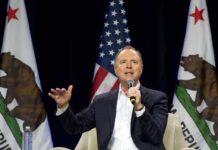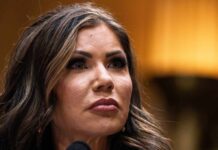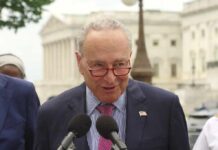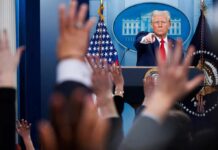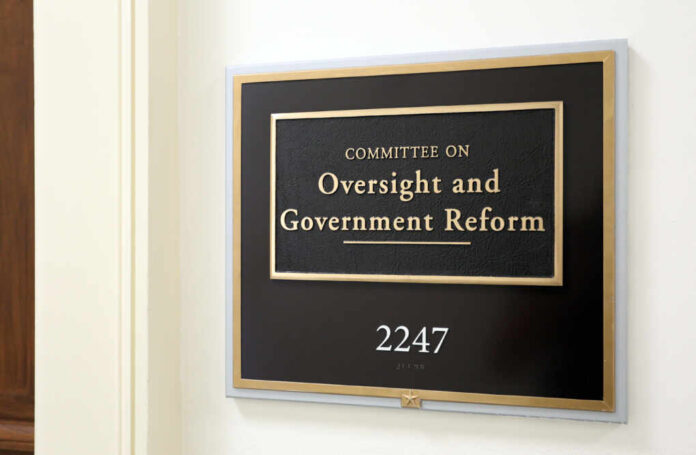
Democratic governors set to defend sanctuary state policies before House Oversight Committee as Republicans release video linking their policies to criminal activity by illegal immigrants.
At a Glance
- Governors from Illinois, Minnesota, and New York will testify before the House Oversight Committee about their states’ sanctuary policies
- Chairman James Comer released a campaign video highlighting the dangers of sanctuary policies ahead of the June 12 hearing
- The governors are required to provide documents related to their sanctuary policies as part of an ongoing investigation
- Republicans are expected to link sanctuary policies to increased crime rates while Democrats defend their approaches
- This hearing follows a similar March session where mayors from sanctuary cities testified
House Committee Escalates Investigation with Video Campaign
The House Committee on Oversight and Government Reform has intensified its investigation into sanctuary policies with the release of a targeted video campaign. The committee’s video portrays sanctuary measures as policies that protect criminal illegal aliens at the expense of American citizens’ safety.
This media effort precedes the upcoming testimony of three Democratic governors scheduled for June 12, 2025, at 10:00 AM ET. The hearing represents the latest development in Chairman James Comer’s investigation into sanctuary jurisdictions that began in January 2025.
The investigation has progressively expanded from city to state-level scrutiny. In March, the committee questioned mayors from Boston, Chicago, Denver, and New York City about their sanctuary city policies. Now, the focus has shifted to state-level policies with governors from Illinois, Minnesota, and New York being called to account for their approaches to immigration enforcement and cooperation with federal authorities.
Governors Defend Their States’ Positions
The three governors called to testify—J.B. Pritzker of Illinois, Tim Walz of Minnesota, and Kathy Hochul of New York—have already begun defending their states’ policies. Governor Walz has notably pushed back against characterizations of Minnesota as a sanctuary state, disputing this label despite Republican claims. Governor Hochul has addressed the significant influx of migrants to New York City, acknowledging the need for secure borders while advocating for comprehensive immigration reform.
Governor Pritzker has criticized what he describes as insufficient federal intervention and lack of cooperation from border states in managing migration flows. All three governors maintain that their states do not obstruct federal immigration enforcement but rather implement policies they believe protect community safety and trust between immigrant communities and law enforcement.
Political Context and Tensions
The hearing occurs against a backdrop of escalating tensions between the Trump administration and Democratic-led states over immigration enforcement. Recently, President Trump has clashed with California Governor Gavin Newsom regarding National Guard deployment for immigration-related protests. Republicans on the committee are expected to link sanctuary policies to increased crime rates and public safety concerns, framing the issue as one of law and order.
Chairman Comer’s investigation has demanded extensive documentation from the governors, including communications related to their states’ sanctuary policies and any refusals to cooperate with Immigration and Customs Enforcement (ICE). The committee appears focused on establishing connections between sanctuary policies and public safety risks, while Democratic governors prepare to defend their approaches as necessary for effective community policing and resource allocation.
National Implications
The hearing represents a significant moment in the ongoing national debate over immigration enforcement and federalism. At issue is the fundamental question of state autonomy versus federal supremacy in immigration matters. Republicans argue that sanctuary policies undermine federal immigration law and endanger Americans, while Democrats contend these policies allow local law enforcement to focus resources efficiently and maintain community trust.
The testimony of these three influential Democratic governors will likely shape the immigration policy conversation heading into future legislative sessions. With the House Oversight Committee’s aggressive investigation and media campaign, the June 12 hearing promises to be a contentious examination of how state-level policies interact with federal immigration enforcement efforts in an increasingly divided political landscape.




